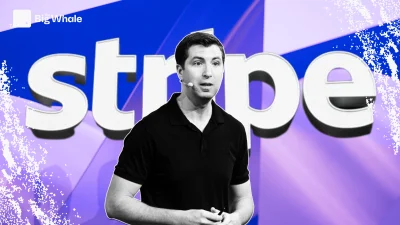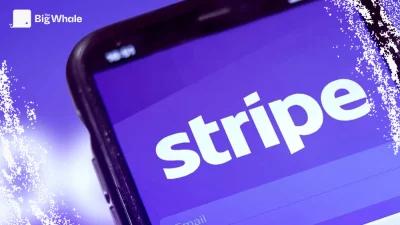William Bailey (Bolero): "Web3 has really become a way of changing an industry".

Founded in 2021, French start-up Bolero is using blockchain to invest in music rights. The aim? To create a new asset class.
Heading 1
Heading 2
Heading 3
Heading 4
Heading 5
Heading 6
Lorem ipsum dolor sit amet, consectetur adipiscing elit, sed do eiusmod tempor incididunt ut labore et dolore magna aliqua. Ut enim ad minim veniam, quis nostrud exercitation ullamco laboris nisi ut aliquip ex ea commodo consequat. Duis aute irure dolor in reprehenderit in voluptate velit esse cillum dolore eu fugiat nulla pariatur.
Block quote
Ordered list
- Item 1
- Item 2
- Item 3
Unordered list
- Item A
- Item B
- Item C
Bold text
Emphasis
Superscript
Subscript
This analysis is not investment advice. It has been prepared without taking into account your personal situation, particularly your financial situation, risk profile, and investment objectives.
Before investing in any product, investors should fully understand the risks involved and consult their own legal, tax, financial, and accounting advisors.
Before investing in any product, investors should fully understand the risks involved and consult their own legal, tax, financial, and accounting advisors.
Become an insider
The best crypto news and analysis. Every week. 100% independent.
Everything that matters in crypto
The best news and crypto analysis. Every Week. 100% independent.
Tokens in this article
No items found.
Projects in this article
No items found.
In this category

John Egan (Stripe): "We want to build a global network for payments and treasury"
John Egan (Stripe): "We want to build a global network for payments and treasury"







